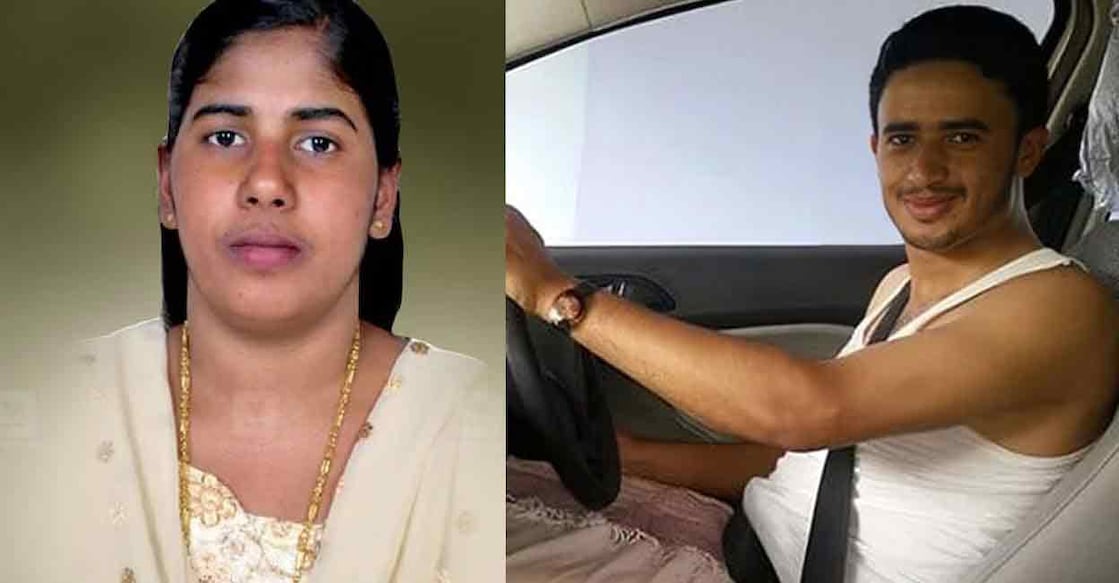Nimisha Priya case: Execution stayed, but victim’s brother refuses to soften stance

Mail This Article
New Delhi: The family of the Yemeni man Talal Abdo Mahdi, murdered by Malayali nurse Nimisha Priya, has made it unequivocally clear that they will not accept anything less than her execution, despite a temporary relief granted by Yemeni authorities. In a Facebook post following the postponement of the execution, the victim’s brother Abdelfattah Mahdi said the family rejected all efforts at reconciliation, including offers of diyat (blood money).
“What is happening today, and all the talk of mediation and reconciliation attempts, is neither new nor surprising. Throughout the years of our case, there have been covert efforts and serious attempts at mediation — and that is natural and expected. But the pressures we have faced have not changed us. Our demand is clear: Qisas (retribution), and nothing else, no matter what. The execution has now been postponed — unfortunately, we did not expect this, especially since those who stopped it are well aware of our absolute rejection of any form or method of reconciliation. In any case, what follows the setting of an execution date is harder than what came before. We will follow through with the execution until it is carried out.
"No postponement will stop us. No pressure will shake us. Blood cannot be bought. Justice cannot be forgotten. Qisas will come, no matter how long the road — it’s only a matter of time. With God's help,” the post said.
In an interview with BBC Arabic on Monday, the victim’s brother reiterated the same stance. He said that the family had suffered not only from the “brutal crime” but also the exhausting legal process in what he called a “horrible and heinous but obvious case”.
“We feel sorry to see the attempts to distort the truth, especially from the Indian media that portrays the convicted as a victim to justify the crime. And we say it clearly that they are aiming to influence public opinion. Any dispute, whatever its reasons and however big, can never justify a murder — let alone dismembering, mutilating and hiding the body.”

Yemeni authorities had scheduled the execution for July 16, but granted a temporary reprieve following urgent diplomatic outreach by India.
Nimisha Priya, a 38-year-old nurse from Kollengode in Kerala’s Palakkad district, was convicted of murdering her former employer in July 2017. A Yemeni court sentenced her to death in 2020, and the Supreme Judicial Council dismissed her appeal in November 2023.
India, which has no diplomatic presence in Yemen due to the ongoing civil war, has been handling the case through its embassy in Saudi Arabia. Officials said they have been in regular contact with the jail authorities in Sana’a, which is under Houthi control, and with the local prosecutor’s office.
Priya’s mother Premakumari had travelled to Yemen last year to plead for her daughter’s life. Indian efforts also explored the possibility of reconciliation through diyat, but the firm stance of the Mahdi family has prevented progress.
On Monday, the Indian government told the Supreme Court that it had done everything possible.
“There is a point up to which the Government of India can go, and we have reached that point,” Attorney General R Venkataramani informed a bench of Justices Vikram Nath and Sandeep Mehta.
The court was hearing a petition seeking directions to the Centre to intervene diplomatically and secure Priya’s release. Despite the temporary postponement, the situation remains grim. With the victim’s family refusing to accept any alternative to execution, Priya's fate continues to hang in the balance.

